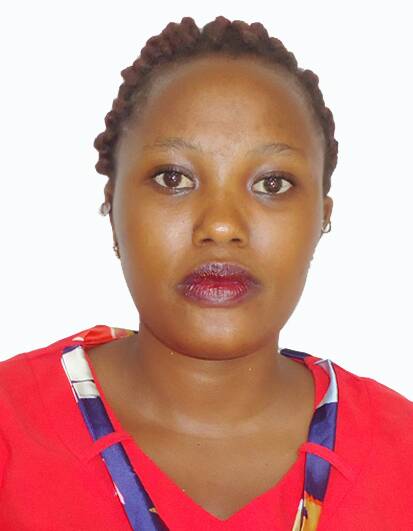By Pinkreal Ninsiima
As the world celebrates International Women’s Day, there is need to look at the nation and world without women. A world without women would be like an empty beautiful house. Women are beautiful creatures always referred to as ‘Mothers of the Nation’. They do sacrifice a lot in their lives to make nations better places to live in.
In Genesis 26, after God created a man, he saw that he was incomplete, lonely and lifeless; He saw something was missing he then decided to create someone different from a man who would bring life and meaning to the otherwise lifeless and meaningless man that looked incomplete.
However much women are considered weak, one should always know women are the strongest and great people and God’s special creation; created for a special purpose. So women deserve to be handled with care, not to be abused and harassed.
The responsibility of nurturing a human being rests on the women’s shoulders. The pain of bringing up a baby into the world after nine months pregnancy, breast feeding, raising the baby from a tender age into an adult are all a woman’s responsibility.
The Constitution of Uganda under Article 33(1) reflects on the purpose of which God created a woman and it provides how women shall be accorded full and equal dignity of the person with men. Under Clause 2 it provides on how the State shall provide facilities and opportunities necessary to enhance the welfare of women to enable them to realize their full potential and advancement. It’s from this Article that women have been granted equal opportunities to serve in different areas of development.
The woman’s movement in Uganda made an unexpected swift and visible entrance onto the political scenes shortly after National Resistance Movement (NRM) took power in 1986, and there’s a popular view that without the NRM the current women’s movement in Uganda would not have been strong as it is today. Others claim that the advances made by women are due to bureaucratic or paternalistic concessions by the NRM administration rather than victories attained through the struggle for emancipation.
As Michelle Bachelete said that, ‘a better Democracy is a democracy where women don’t only have the right to vote and elect but to be elected’, it is evident that women are involved in politics and now hold big positions in Parliament of Uganda and other sectors.
The most powerful woman in Uganda is the Speaker of Parliament of Uganda Rebecca Kadaga, who is the third in line of authority in government, and needless to say, the number of women in politics has increased tremendously since Kadaga was enjoined in the campaign to get women out of the kitchen to the boardrooms.
Women’s participation is essential to gender-responsive governance where women’s voices are heard, policy better reflects their lives and where under representation women interests persists are repeatedly ignored.
In Uganda and Africa as whole, women are the backbone of society and the economy, with many the sole providers for their families. However, they are constantly struggling to gain a seat at decision-making table yet the central role of shouldering the economy and social burden is on them.
Most women have succeeded where men have failed; these women run powerful personal business ventures and most of them are executive directors, managing directors while others are thriving entrepreneurs. Among them is Jenifer Musisi, the Executive Director Kampala Capital City Authority (KCCA), Allen Kagina, the Executive Director of UNRA, Tracy Hawthorn, the operations manager at Ambrosoli International School, Damalie Nagitta, the Dean of Studies at Law School Makerere University and Joyce Tamale, the Managing Director of Uganda Health Marketing Group.
As this year’s theme ‘press for progress’ calls for strong action, let’s look out for those women who are still illiterate about their rights and whose work goes unrecognized. These women work long hours at home that leaves them with little time for income generating activities. They don’t always make decisions about their own employment but rather men encourage them to take long paying jobs or at times prevent them from working.
I, therefore, congratulate all women upon reaching this milestone, and as we celebrate this year’s Women’s Day let us reflect on our past, present and the future.
The writer is a Volunteer at Inter Religious Council of Uganda (IRCU).








